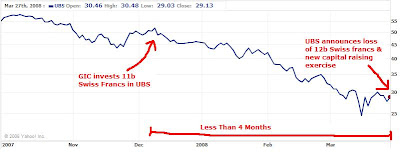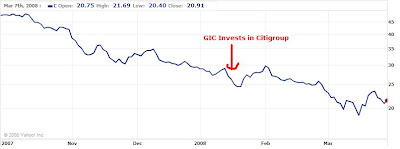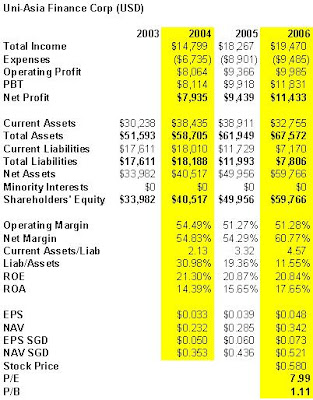Ken Lewis, CEO of Bank of America, has gone on the record making the statement above. And while this statement may seem to make sense to some, it really betrays Ken's confusion and fundamental lack of understanding about Wall Street and the investment banking business.
Mr Lewis seems to imply that there is a difference between "typical Wall Street pay" and "market pay." But While Merrill Lynch gives generous pay packets to its bankers and other staff, this WAS market pay - for the investment banking business. That's why it was typical. Typical Wall Street Market Pay!
But you see, Ken Lewis really didn't mean to say he intended to "pay market," because "paying market" means paying "typical Wall Street pay." What Ken Lewis really meant was this - We intend to pay "commercial bank pay". After all, that's what BoA has been, is, and will continue to be, predominantly - a huge lumbering commercial bank, and a second rate investment bank. Acquiring Merrill isn't going to change that, and here's why:
Paying investment bankers commercial banking pay, is simply going to see the investment bankers either:
- leave for other bulge bracket banks which are going to continue paying wall street market pay, or
- see them leaving to start their own corporate finance advisory houses and/or join other boutique investment banking shops, or
- leave to start their hedge funds and/or private equity shops
Indeed, that's why we see what's going on today: top Merrill talent is already being snapped up by its competitors. Banks like Barclays, Goldman Sachs and Morgan Stanley are swooping in like vultures to scoop up the talent that has been wounded by Ken Lewis' foolish rhetoric. I mean, what would you expect the investment bankers to do when their egos are hurt by Ken Lewis' statements saying that he hates Wall Street's inflated pay?
That's why Lewis' cost cutting strategies with Countrywide and FleetBoston are going to fail miserably when he applies the same to Merrill. Merrill is NOT a commercial bank where the bargaining power lies with the bank and cost-cutting is the way to go. Merrill is primarily a relationship business where its most important assets are its people. And as Lewis will learn in time to come, your business goes out the door when your most important assets go out the door. And your assets go out the door when your bankers and brokers go out the door.
Commercial banking is fundamentally different to investment banking, and Ken Lewis doesn't get that. That's why BoA is going to continue to have a second rate investment banking franchise. And that's why, in the years to come, we're going to see write-downs on Lewis' ill considered and ill executed acquisition.
Good luck all you BoA shareholders. You're going to need it =)







